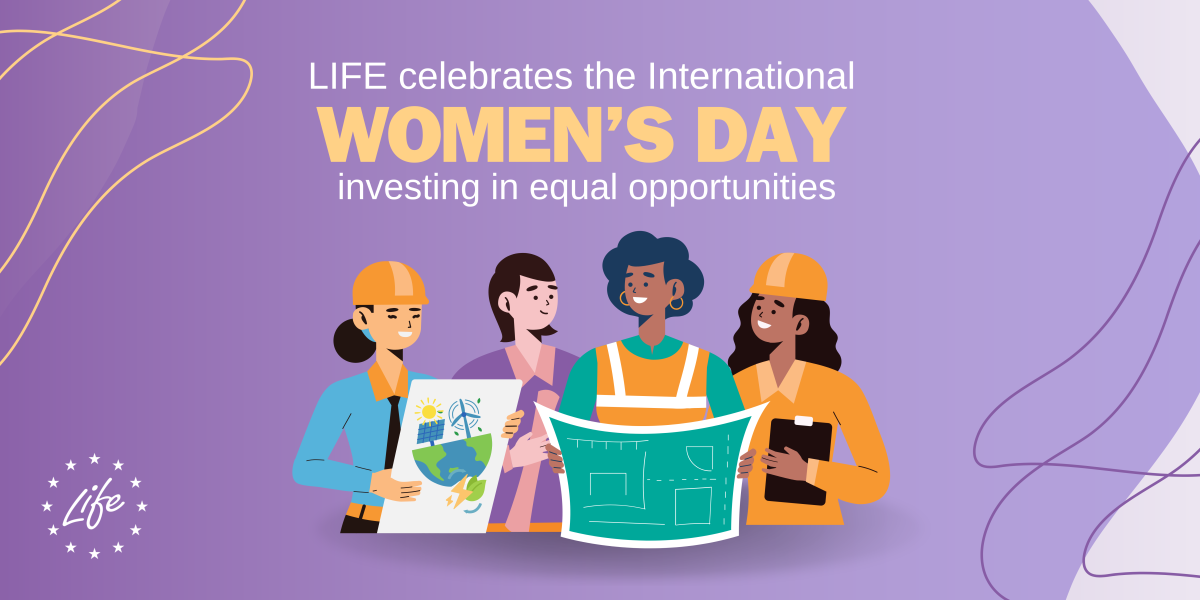In 2022, approximately 9.3% of the population in the European Union struggled to maintain adequate warmth in their homes, while nearly 15% resided in dwellings plagued by leaks, dampness, or rot in 2020. A pivotal initiative known as the LIFE project – JUStice in Transition and EMpowerment against Energy Poverty is dedicated to orchestrating a fair energy transition in specific regions within six highly impacted European countries.
Greece, alongside Poland, Romania, Spain, Bulgaria, and Croatia, stands out as one of the EU nations severely affected by energy poverty, primarily due to soaring electricity and heating costs. A recent research publication under the LIFE JUSTEM project sheds light on the unique challenges faced by Greek women and men concerning energy poverty and unemployment. Focusing on Western Macedonia and Arcadia (Megalopolis), regions heavily reliant on the mining sector and particularly susceptible to energy poverty, the report delves into the intersection of gender dynamics and energy-related hardships within these areas.
The report underscores the evolving discourse linking gender equality and energy poverty, a field that has gained traction over the past two decades. Through an examination of over 30 studies, it becomes evident that women, grappling with lower incomes, extended caregiving responsibilities, and distinct energy consumption patterns, are disproportionately impacted by energy poverty in Greece.
Drawing from a comprehensive literature review, the report identifies 10 key indicators for evaluating the nexus of energy poverty and gender disparities in Greece. These indicators encompass various facets of energy poverty, along with vulnerability markers such as unemployment rates and social deprivation, sourced from diverse outlets.
Statistics from the report reveal a stark gender disparity in unemployment rates, with females experiencing a rate of 14.4% compared to males at 8.2% in 2023. The widening employment gap between genders not only exacerbates inequalities but also heightens the susceptibility of women to energy poverty. In Greece, where the gender employment gap ranks among the highest in Europe, the risk of poverty and exclusion for women in 2022 stood at 27.4%, surpassing the rate for men at 25.2%.
On a policy front, the report underscores a predominant focus in Greece on economic and technological interventions over social measures, with minimal attention to gender considerations. Analysis of six key policy documents, including the National Energy and Climate Plan of Greece and the Action Plan for Combating Energy Poverty, reveals a glaring gap in gender-centric approaches, with the Greece 2.0 National Recovery and Resilience Plan emerging as the sole policy incorporating tangible measures for women’s empowerment.
Efforts to combat energy poverty necessitate a holistic strategy encompassing fiscal, technical, and policy interventions. Immediate relief for struggling households can be provided through fiscal measures like tax reductions and energy vouchers, while the deployment of technical solutions such as smart meters empowers consumers to optimize energy consumption. Moreover, policy initiatives like establishing energy advisory networks play a pivotal role in enhancing accessibility to crucial information and support, collectively advancing a comprehensive approach to alleviate energy poverty across Europe.
The research report stands as a testament to the multifaceted endeavors of LIFE JUSTEM, striving to promote inclusivity in the transition towards clean energy by actively engaging citizens in co-creation processes. Through the development of citizen participation tools, workshops, and the formulation of regional clean energy and climate strategies, the project aims to collaboratively devise detailed energy poverty alleviation plans tailored to the needs of citizens in targeted regions.
In alignment with the 2024 UN International Women’s Day theme, which underscores gender inequality as a central focus, the project underscores the significance of collective action towards fostering a more equitable and sustainable future.
